By the end of this week, the shape of the next CAP and what farmers will have to do to secure vital EU supports is likely to be a lot clearer.
Draft proposals for the next CAP have been on the table for over two years, but progress on agreeing a final package has been slow. Two key events are taking place this week that could change all that.
The first is a meeting of the European Council of Agricultural Ministers. They are meeting for two days in Luxembourg where Minister for Agriculture Charlie McConalogue will represent Ireland’s interests.
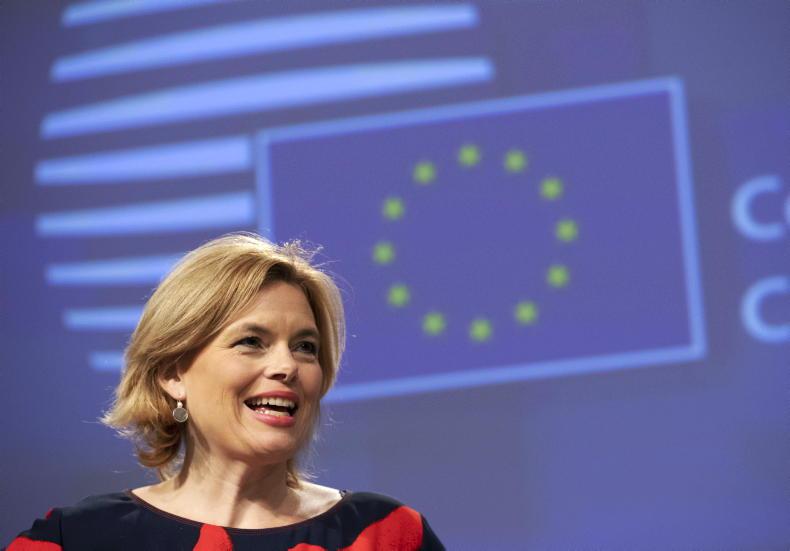
German minister for agriculture Julia Klockner is attempting to secure a negotiating mandate for the Council of Agricultural Ministers.
The group is currently headed up by German agriculture minister Julia Klockner. She wants to secure a mandate to negotiate on the council’s behalf at the final negotiations that could begin next month.
Final positions
Klockner would be negotiating with the European Commission, which published the draft proposals in June 2018, and the European Parliament, which is set to settle its final position.
However, that could also be decided this week in the second key event, when MEPs meet remotely for three days of votes starting on Tuesday. There are over 1,300 amendments to the CAP proposals.
If they do find an agreement, trilogues - three-way negotiations between the Commission, Council and Parliament aimed at agreeing a compromise CAP - can begin.
Green architecture
The main obstacle standing in the way of an agreement in both the Parliament and the Council is the CAP’s ‘green architecture’ which covers the parts dealing with environmental measures.
In the Council, the main concern is around eco schemes and a push to ring-fence at least 20% of money usually used to fund direct payments to farmers for environmental and climate measures.
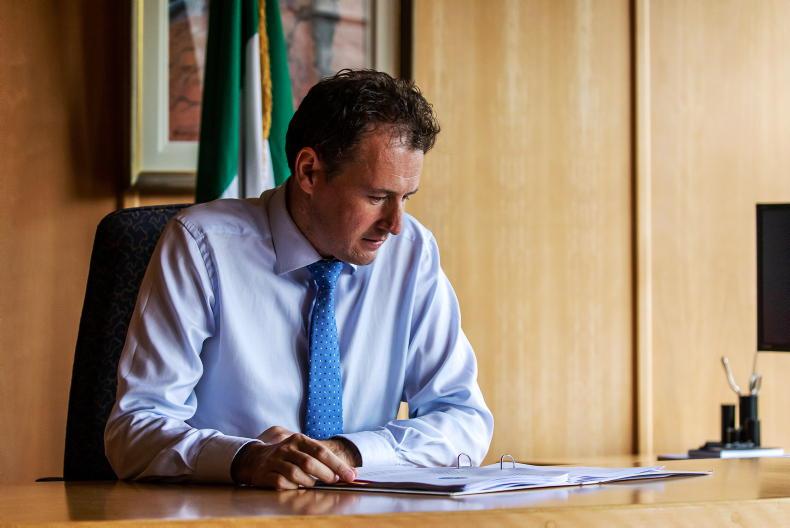
Minister for Agriculture Charlie McConalogue will be representing Ireland's interests at the EU Council, where his major concern is a loss of funds to ring-fenced eco schemes.\ Philip Doyle
Ireland is among those member states concerned that ring-fencing money for these new schemes could result in lost funds if take-up by farmers is low.
If agreed, Ireland would have to set aside €237m of the €1.2bn spent annually on direct payments for eco schemes.
Commissioner for Agriculture Janusz Wojciechowski reminded ministers that 30% of all CAP money must be spent on measures related to climate and environment.
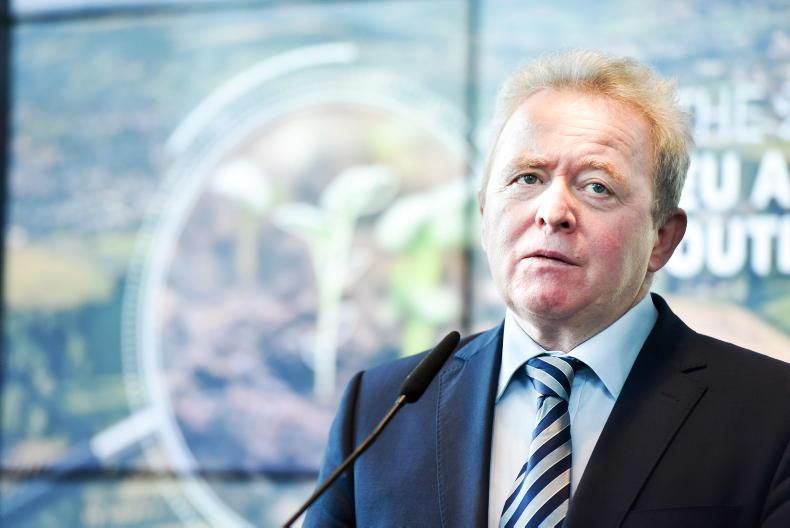
Commissioner for Agriculture Janusz Wojciechowski has frequently reminded all parties that the next CAP must have a higher climate and environmental ambition.
In the Parliament, the concerns around the green architecture are centred mainly on cross-compliance, which will be beefed up and renamed enhanced conditionality.
These are the basic rules farmers must comply with to receive their direct payment. The Commission has stressed these must go above those in the last CAP.
Votes
The European People’s Party (EPP) - Fine Gael’s group - along with Renew - which Fianna Fáil is aligned with - and the Social and Progressive Alliance of Socialists and Democrats (S&Ds) have cobbled together an alliance that they believe has the required numbers to get a deal across the line.
However, environmental lobby groups and the greener elements of Parliament are concerned their proposed amendments water down cross-compliance rules and protect the status quo.
The positions taken by all 13 Irish MEPs during this week’s voting will be of interest to farmers.
Read more
CAP talks stall on tying 20% of direct payment money to eco schemes
CAP to be delayed for two years
By the end of this week, the shape of the next CAP and what farmers will have to do to secure vital EU supports is likely to be a lot clearer.
Draft proposals for the next CAP have been on the table for over two years, but progress on agreeing a final package has been slow. Two key events are taking place this week that could change all that.
The first is a meeting of the European Council of Agricultural Ministers. They are meeting for two days in Luxembourg where Minister for Agriculture Charlie McConalogue will represent Ireland’s interests.

German minister for agriculture Julia Klockner is attempting to secure a negotiating mandate for the Council of Agricultural Ministers.
The group is currently headed up by German agriculture minister Julia Klockner. She wants to secure a mandate to negotiate on the council’s behalf at the final negotiations that could begin next month.
Final positions
Klockner would be negotiating with the European Commission, which published the draft proposals in June 2018, and the European Parliament, which is set to settle its final position.
However, that could also be decided this week in the second key event, when MEPs meet remotely for three days of votes starting on Tuesday. There are over 1,300 amendments to the CAP proposals.
If they do find an agreement, trilogues - three-way negotiations between the Commission, Council and Parliament aimed at agreeing a compromise CAP - can begin.
Green architecture
The main obstacle standing in the way of an agreement in both the Parliament and the Council is the CAP’s ‘green architecture’ which covers the parts dealing with environmental measures.
In the Council, the main concern is around eco schemes and a push to ring-fence at least 20% of money usually used to fund direct payments to farmers for environmental and climate measures.

Minister for Agriculture Charlie McConalogue will be representing Ireland's interests at the EU Council, where his major concern is a loss of funds to ring-fenced eco schemes.\ Philip Doyle
Ireland is among those member states concerned that ring-fencing money for these new schemes could result in lost funds if take-up by farmers is low.
If agreed, Ireland would have to set aside €237m of the €1.2bn spent annually on direct payments for eco schemes.
Commissioner for Agriculture Janusz Wojciechowski reminded ministers that 30% of all CAP money must be spent on measures related to climate and environment.

Commissioner for Agriculture Janusz Wojciechowski has frequently reminded all parties that the next CAP must have a higher climate and environmental ambition.
In the Parliament, the concerns around the green architecture are centred mainly on cross-compliance, which will be beefed up and renamed enhanced conditionality.
These are the basic rules farmers must comply with to receive their direct payment. The Commission has stressed these must go above those in the last CAP.
Votes
The European People’s Party (EPP) - Fine Gael’s group - along with Renew - which Fianna Fáil is aligned with - and the Social and Progressive Alliance of Socialists and Democrats (S&Ds) have cobbled together an alliance that they believe has the required numbers to get a deal across the line.
However, environmental lobby groups and the greener elements of Parliament are concerned their proposed amendments water down cross-compliance rules and protect the status quo.
The positions taken by all 13 Irish MEPs during this week’s voting will be of interest to farmers.
Read more
CAP talks stall on tying 20% of direct payment money to eco schemes
CAP to be delayed for two years







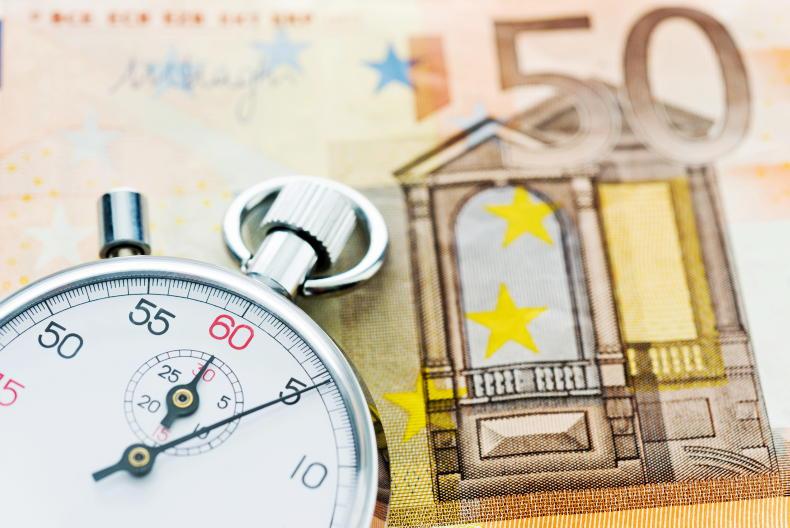
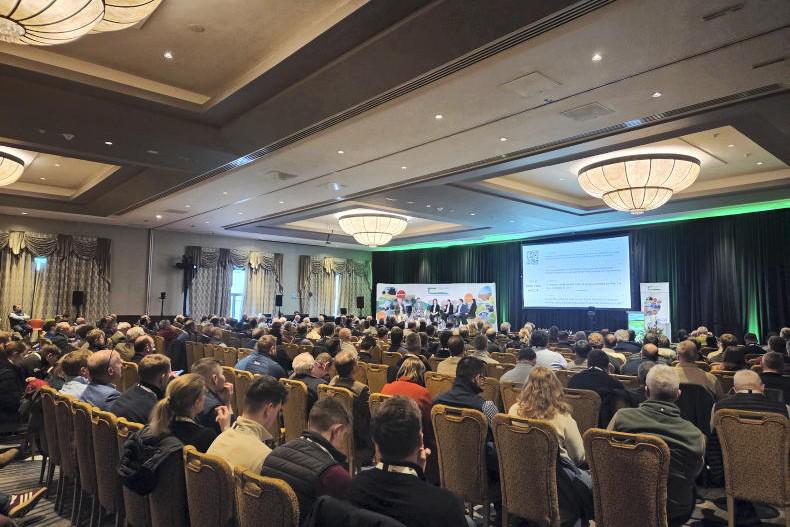

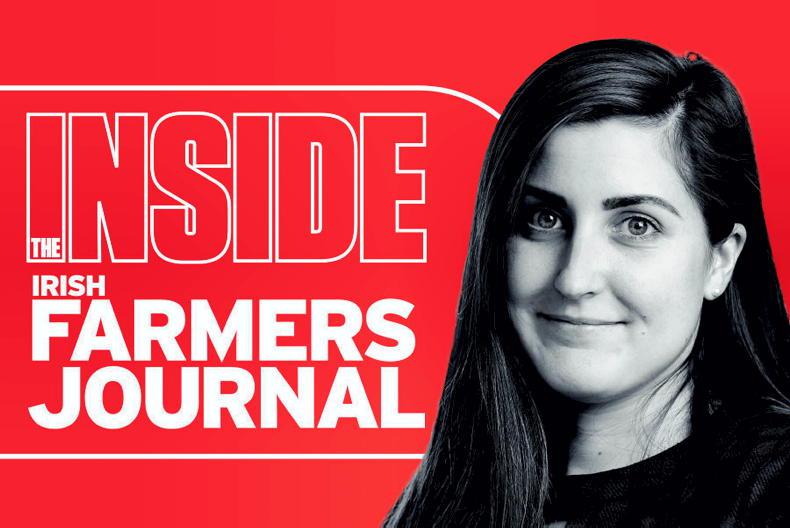
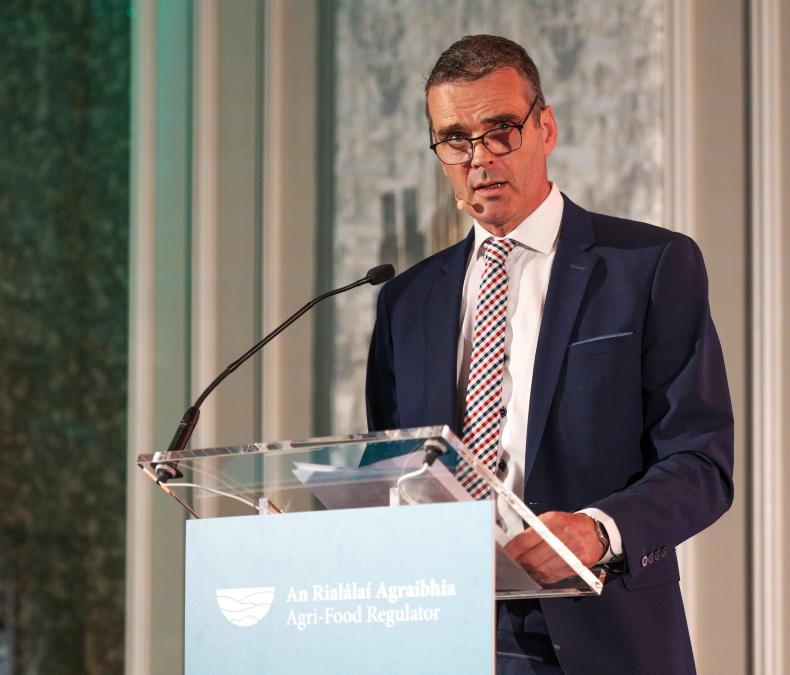
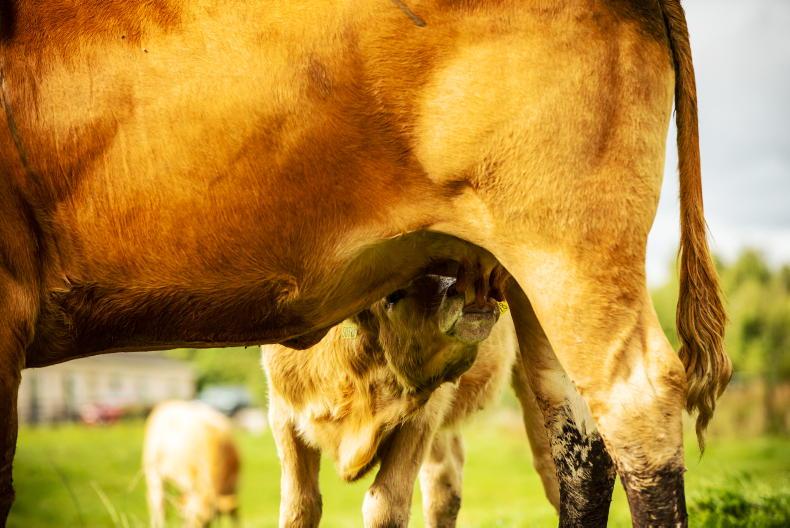
SHARING OPTIONS